Kick-off event of the Climate Future Lab DIVERSA
- April 17, 2025
- 3 min. Reading time
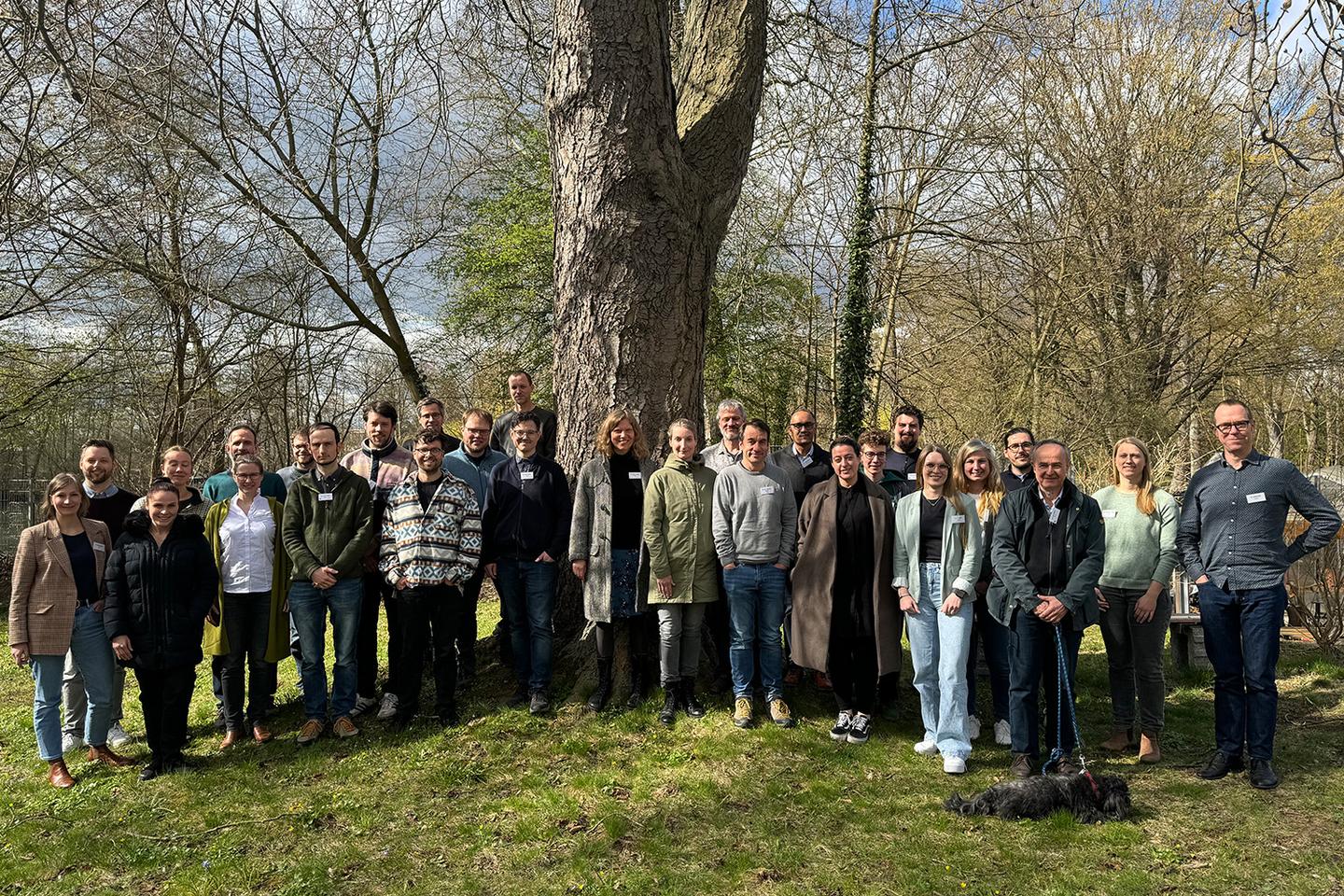
On 31 March and 1 April 2025, the two-day kick-off event of the DIVERSA Climate Future Lab took place at the Nordwestdeutsche Forstliche Versuchsanstalt in Göttingen. Around 30 scientists from a wide range of institutions involved in the Climate Future Lab took part in the kick-off event and presented their respective sub-projects. The focus of the event was on cooperation and mutual networking within the project. Keynote speeches on the topic of ‘Disturbances in the Forest’ and two workshops brought together the individual working groups of the laboratory. Dr. Jonas Hagge, spokesperson for the DIVERSA Climate Future Lab, was pleased to note: ‘Now that we have all met in person and exchanged ideas, we can enter the active phase of the research work, continue to grow together as a DIVERSA team, and take the next steps in the project together.’
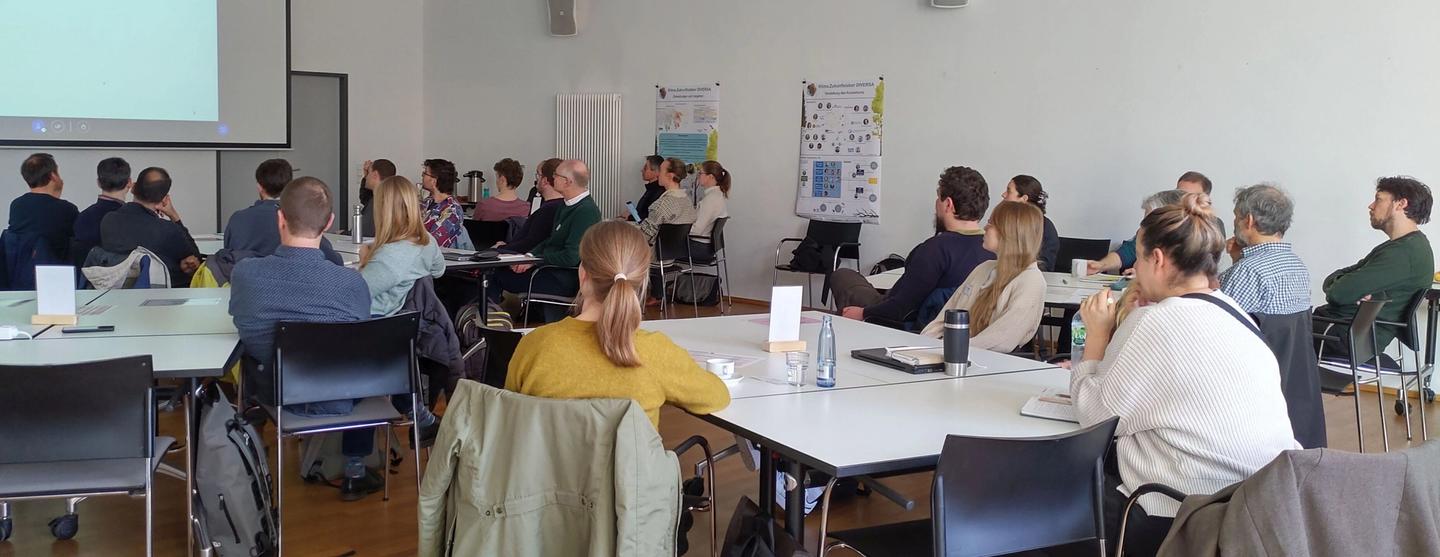
First kick-off day: presentation of the subprojects
To get an overview of all participants and research tasks of the DIVERSA Climate Future Lab, the individual scientists introduced themselves and their subprojects in detail at the beginning of the kick-off event. In addition to the personal background of the participants, the focus was primarily on the content, goals, current work, needs, and offers of the various subprojects within the DIVERSA consortium. The meeting brought together not only different institutions and people, but also a broad spectrum of interdisciplinary research approaches to the resilience mechanisms of forests. For example, not every subproject focuses directly on forest trees. One subproject, for example, is investigating the diversity of bird populations living in forests by using automated methods to assign their songs to the corresponding bird species.
Dr. Nora Roesky and Mark Winter from the ZKfN office were also present at the introductory session, where they gave a brief overview of the tasks and services of the Centre for Climate Research in Lower Saxony. The day was rounded off by an evening meal together in a restaurant in the centre of Göttingen.
Second kick-off day: creating structures and processes for collaboration
Two keynote speeches on the topic ‘Disturbances in forest ecosystems - definitions and delimitations’ provided an exciting introduction to the next day. Afterwards, the current status of the search for suitable study sites was presented by a working group and discussed in plenary. The selection of the sites will set the course for all further investigations, surveys, analyses and evaluations. Since four of the eight subprojects are actively working outside in the forest and the other subprojects will make intensive use of the data collected, the selection of sites is one of the most important foundations for all subprojects.
Further valuable results were provided by two workshops, in which all sub-projects as well as other event participants, such as representatives of the project partner Niedersächsischer Landesbetrieb für Wasserwirtschaft, Küsten- und Naturschutz, were involved. On the one hand, the focus was on networking between the sub-projects in order to ensure optimal cooperation and the use of possible synergies through early coordination. On the other hand, fundamental decisions were made throughout the DIVERSA consortium on topics such as communication, data management, publication processes and exchange. A special workshop format was used to work in ever-larger groups, so that at the end of the day every participant could actively contribute and all ideas and thoughts were taken into account.
Contact person

More Posts
All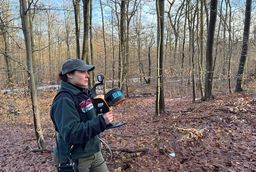
Laser scans in the forest: measuring CO₂ between red beeches and deadwood
What a windless morning, 1,000 square meters of forest, and a laser scanner reveal about carbon storage.
4 min. Reading time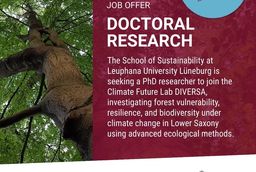
Job opening at DIVERSA
PhD position in the Vegetation Ecology and Biodiversity Conservation working group
1 min. Reading time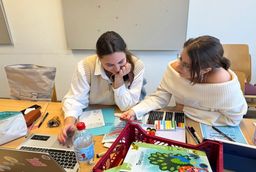
ZKfN guest at the “Get active now” seminar
The “Get active now” seminar brings together knowledge, commitment, and social practice.
2 min. Reading time